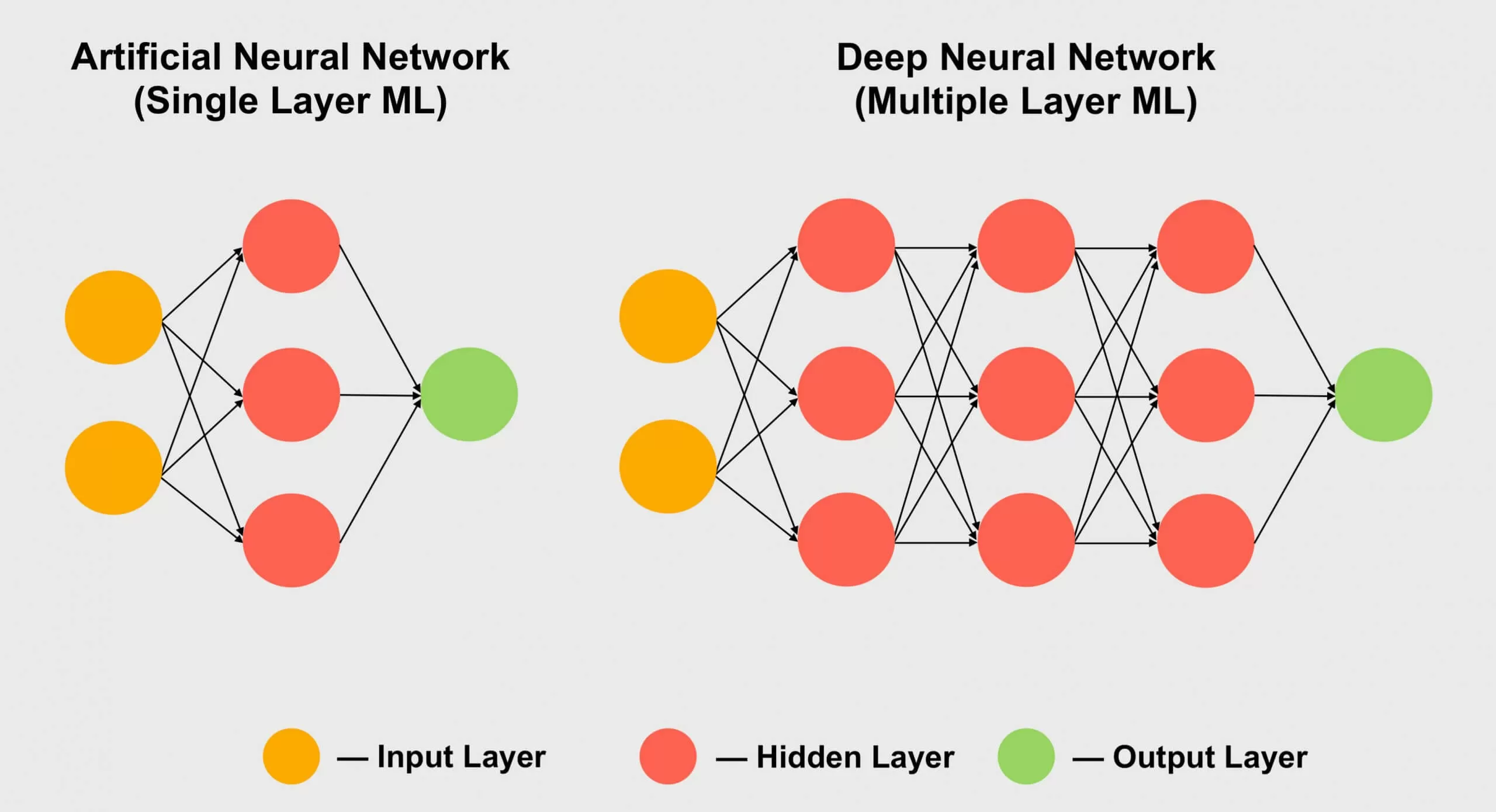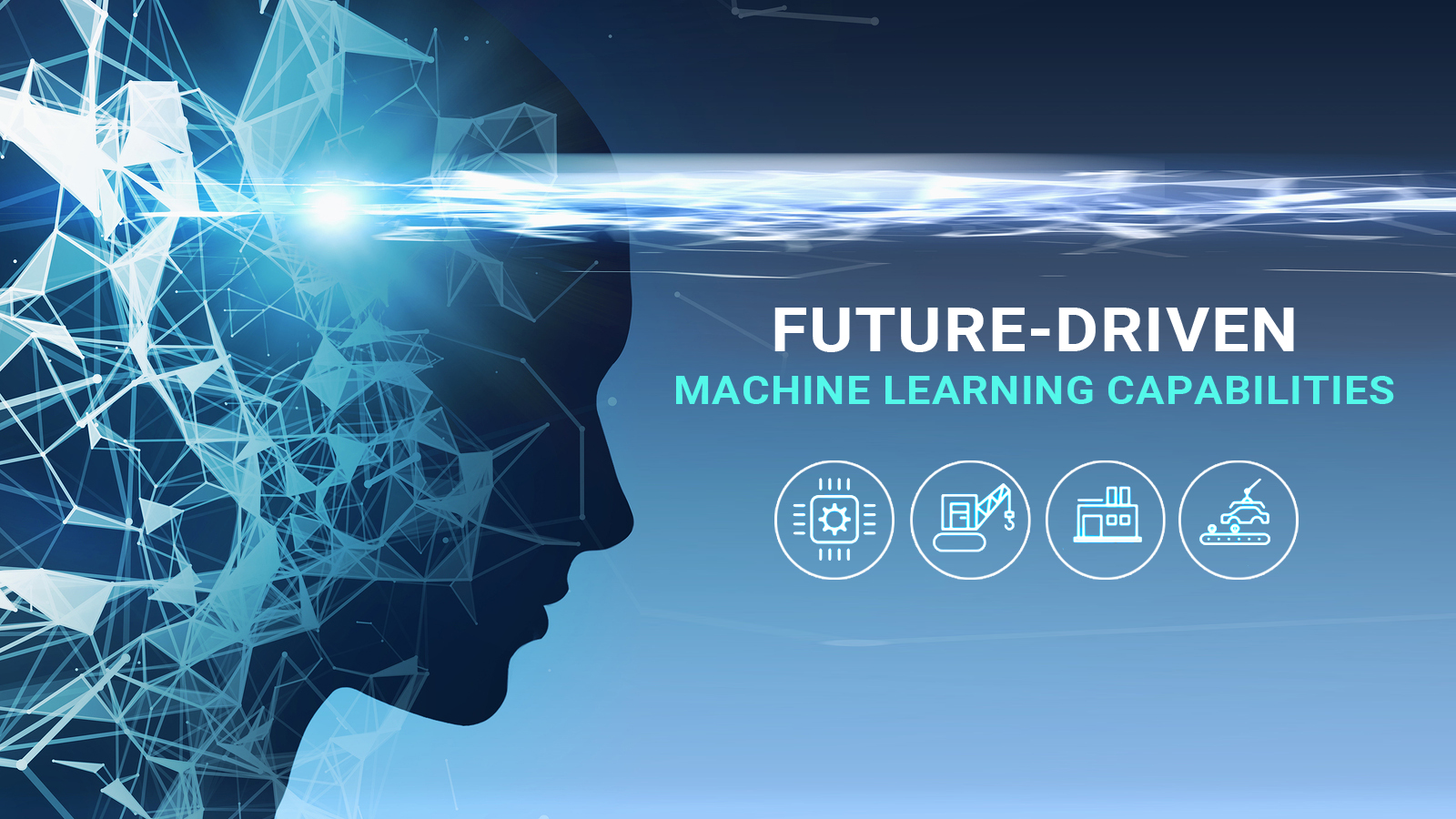Introduction:
In the ever-expanding universe of machine learning, Kaggle the quest for high-quality datasets is a perpetual endeavor. Kaggle, a platform that has become synonymous with data science and machine learning competitions, stands out as a treasure trove of datasets for enthusiasts, researchers, and practitioners alike. This comprehensive exploration aims to unveil the power of Kaggle datasets, delving into the unique features that make Kaggle a go-to destination for machine learning enthusiasts and showcasing the wealth of opportunities it offers for honing skills, fostering collaboration, and pushing the boundaries of innovation.
Kaggle: Beyond Competitions
Kaggle, founded in 2010, started as a platform for hosting data science competitions. Over the years, it has evolved into a vibrant community where data scientists, machine learning engineers, and researchers converge to share knowledge, collaborate on projects, and access a diverse range of datasets. While Kaggle competitions remain a hallmark of the platform, the datasets hosted on Kaggle have emerged as an invaluable resource for the broader machine learning community.
The Kaggle Dataset Repository
At the core of Kaggle’s appeal is its extensive dataset repository, which spans diverse domains and caters to a wide spectrum of machine learning applications. The Kaggle dataset platform serves as a bridge between data providers, who share their datasets with the community, and data users, who leverage these datasets to train models, conduct research, and address real-world problems.
Features of Kaggle Datasets:
- Diversity of Domains:
- Kaggle hosts datasets that cover an extensive array of domains, including finance, healthcare, natural language processing, computer vision, and more. This diversity enables practitioners to explore datasets relevant to their areas of interest and expertise.
- Community Contributions:
- The Kaggle community actively contributes datasets, fostering a collaborative environment. Data providers share datasets they find interesting or challenging, creating a dynamic ecosystem where knowledge exchange and exploration thrive.
- Version Control and Documentation:
- Kaggle datasets incorporate version control and documentation features, allowing users to track changes over time and access comprehensive information about the dataset. This ensures transparency and facilitates reproducibility in machine learning projects.
- Integration with Notebooks:
- Kaggle datasets seamlessly integrate with Kaggle Notebooks, the platform’s interactive coding environment. This integration streamlines the process of accessing and analyzing datasets, making it convenient for users to transition from data exploration to model development.
Navigating the Kaggle Dataset Landscape
Notable Kaggle Datasets:
- Titanic: Machine Learning from Disaster:
- A classic dataset for beginners, the Titanic dataset involves predicting passenger survival based on various features. It serves as a stepping stone for those new to machine learning, providing a gentle introduction to data preprocessing and model training.
- MNIST Digit Recognizer:
- The MNIST dataset is a cornerstone in computer vision. It consists of handwritten digits, and the challenge is to build models that can accurately recognize and classify these digits. MNIST has been instrumental in benchmarking image classification algorithms.
- NYC Taxi Trip Duration:
- This dataset, centered around New York City taxi trips, challenges practitioners to predict the duration of taxi rides. It introduces complexities such as geographic features and time-based patterns, offering a real-world scenario for model development.
- Dogs vs. Cats:
- A classic image classification problem, the Dogs vs. Cats dataset involves distinguishing between images of dogs and cats. It is widely used for practicing convolutional neural networks (CNNs) and image preprocessing techniques.
- Housing Prices: Advanced Regression Techniques:
- Targeting regression tasks, this dataset focuses on predicting housing prices based on various features. It offers a more complex challenge for those looking to enhance their regression modeling skills.
Learning and Skill Development on Kaggle

Kaggle Kernels: Interactive Learning Environments
One of the distinctive features of Kaggle is its interactive coding environment called Kaggle Kernels. Kernels allow users to write and execute code in a collaborative and reproducible manner. They play a pivotal role in facilitating learning and skill development on Kaggle.
- Educational Content:
- Competitive Learning:
- Kaggle competitions often attract participants seeking to test their skills against a global community of data scientists. The competitive nature of these challenges encourages continuous learning, as participants strive to improve their rankings and achieve top performance on leaderboard benchmarks.
- Real-World Applications:
- Kaggle Kernels provide a space for exploring real-world applications of machine learning. Users can showcase their solutions to Kaggle competitions or create original projects, demonstrating how machine learning techniques can be applied to solve practical problems.
Collaboration and Community Engagement
Kaggle Community: A Hub for Collaboration
The Kaggle community plays a pivotal role in shaping the platform’s identity. With forums, discussion boards, and collaborative spaces, Kaggle facilitates interaction and engagement among users. This collaborative ethos is particularly evident in the Kaggle Datasets platform.
- Discussion Forums:
- Each dataset on Kaggle has its own discussion forum, where users can ask questions, seek clarification, and share insights. This interactive environment promotes community-driven learning and problem-solving.
- Kernel Sharing and Collaboration:
- Users often collaborate on Kaggle Kernels, contributing to shared notebooks that showcase different approaches to solving a problem. This collaborative spirit extends to discussions within Kernels, where users exchange ideas and provide feedback.
- Featured Datasets:
- Kaggle recognizes outstanding datasets through the “Featured Datasets” section, highlighting datasets that are well-documented, relevant, and valuable for the community. This acknowledgment encourages data providers to contribute high-quality datasets.
Advanced Topics and Research on Kaggle
Beyond learning and collaboration, Kaggle serves as a playground for advanced topics and cutting-edge research in machine learning. Researchers and practitioners leverage Kaggle competitions and datasets to explore novel techniques, benchmark models, and push the boundaries of what is possible in the field.
- State-of-the-Art Solutions:
- Kaggle competitions often attract top-tier talent, leading to the development of state-of-the-art solutions. Participants share their code and methodologies, providing insights into advanced techniques such as ensemble learning, hyperparameter optimization, and deep learning architectures.
- Benchmarking New Models:
- Kaggle competitions and datasets serve as benchmarks for testing the performance of new machine learning models. Researchers can evaluate the effectiveness of their algorithms in comparison to existing solutions, fostering a culture of continuous improvement.
- Ethical AI and Fairness:
The Kaggle Grandmasters: A Symbol of Excellence

Kaggle Grandmasters are the elite group of data scientists who have achieved the highest ranks on the platform. These individuals have demonstrated exceptional skills, consistently excelling in competitions, kernels, and contributions to the community. The existence of Kaggle Grandmasters showcases the platform’s role as a crucible for nurturing top talent in the field of machine learning.
Conclusion: Harnessing the Power of Kaggle Datasets
In conclusion, Kaggle’s influence on the landscape of machine learning extends far beyond its renowned competitions. The platform’s dataset repository, coupled with interactive learning environments and a vibrant community, makes Kaggle an indispensable resource for machine learning enthusiasts at all skill levels. Whether one is a novice looking to embark on a machine learning journey or an experienced practitioner seeking to push the boundaries of innovation, Kaggle provides a fertile ground for exploration, collaboration, and continuous learning. As Kaggle continues to evolve, it reaffirms its status as a treasure trove for those passionate about unraveling the mysteries of machine learning and data science.

